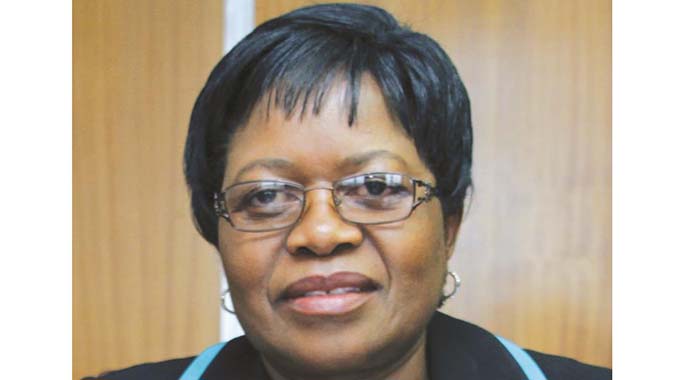COMMENT: Residents want clean water without having to boil it first

IF you read our report yesterday that Bulawayo has recorded a fourth diarrhoea outbreak since last year with 157 cases having been reported so far in the high-density suburb of Tshabalala Extension, then you might be forgiven for thinking Auditor-General Mrs Mildred Chiri is a prophet.
“Water-borne disease outbreaks will continue to rise with possible increases in deaths. Maintenance and inspection of the sewer reticulation system is still inadequate and this affects the effectiveness of the flowing, collection and treatment of wastewater, with the probable collapse of the whole system which is evidence that urban local authorities do not have the capacity to resuscitate,” wrote Mrs Chiri in 2019.
In her 2019 Management of Sewerage System by Urban Local Authorities under the Ministry of Local Government and Public Works report that was tabled in Parliament in June last year, Mrs Chiri also revealed that less than 1 percent of total sewerage infrastructure in local authorities was in good shape.
Mrs Chiri reported that Bulawayo City Council (BCC) is among six local authorities at risk of outbreak of water-borne diseases that could lead to deaths due to failure to manage sewer reticulation systems.
The last outbreak in the city was in May this year when 50 cases were reported in Emganwini suburb.
In June last year, 13 people died after nearly 2 000 residents fell ill in Luveve after raw sewage contaminated drinking water.
In October last year, about 100 people, mostly children, were treated for running tummies in Mzilikazi and surrounding suburbs.
The outbreaks of water-borne diseases like typhoid, cholera and dysentery are not limited to Bulawayo as hundreds have died in Harare, Chitungwiza and Gweru.
According to residents, the latest outbreak in Tshabalala Extension is believed to have started on Thursday last week after their drinking water was contaminated due to a burst sewer pipe.
Bulawayo Provincial Medical Director Maphios Siamuchembu said they are conducting investigations to ascertain what could be causing the diarrhoea outbreak.
“I can confirm that a diarrhoea disease has broken out in Tshabalala Extension. The first patients were seen on Monday and so far, we have a total of 157 cases, of which 106 were attended to at local health facilities,” he said.
“I would like to urge members of the public to make sure that they boil the water before drinking as well as practice hand hygiene as they wait for a permanent solution.”
Mrs Chiri is no prophet. We all know that urban authorities are failing to manage sewer reticulation systems because we see raw effluent flowing every day.
The question is: When will this suffering end? When will Bulawayo get councillors who are competent enough to act on threats and audit reports before lives are lost?
The forthcoming elections in 2023 will prove whether Bulawayo residents want to continue boiling their drinking water because it is mixed with sewage or they want clean water once and for all.











Comments